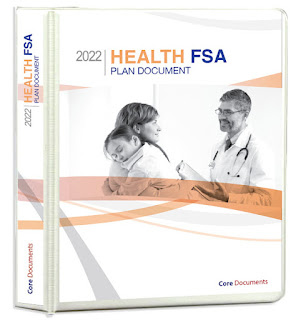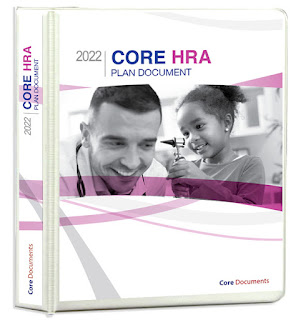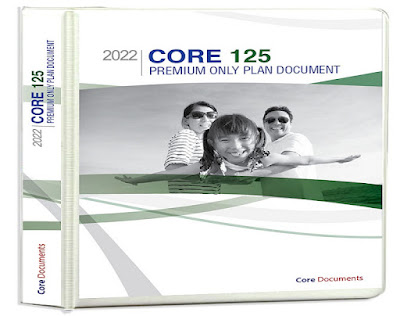What Is Dependent Assistance Care Plan?
An employee benefit programme known as a Dependent Care Assistance Plan FSA Plan (DCAP), also known as a dependent care flexible spending account (FSA), assists employees in paying for the care of an eligible dependent as outlined by Internal Revenue Service (IRS) rules. The qualified dependant must be under 12 years old and reside with the employee. If a person habitually spends at least eight hours a day in the employee's home and is physically or mentally unable to care for themselves, they are eligible if they are age 13 or older. In order for the employee and his or her spouse to work, look for job, or attend school full-time, this sort of FSA enables an employee to be paid for acceptable dependent care expenses.
 |
| Dependent Care Assistance Plan FSA Plan |
The minimum and maximum employee contributions are determined by the employer, however the IRS has set a $5,000 tax-free DCAP contribution cap ($2,500 per parent if married and filing separately). Taxable income includes DCAP aid over $5,000 ($2,500 per parent if married and filing separately). Depending on the type of plan formed, both employees and employers may contribute to a DCAP.
Unlike to health care FSAs, IRS regulations state that DCAP funds must only be made accessible as they are accumulated through payroll deductions. If not claimed or used up within the benefit plan year, any unused DCAP payments at the end of the year are forfeited. From one year to the next, funds do not roll over. Like health care FSAs, DCAP elections cannot be changed, with the exception of specific changes to the employee's lawful marital status, the number of dependents, or the work status of the employee, the dependent, or the spouse.



Comments
Post a Comment